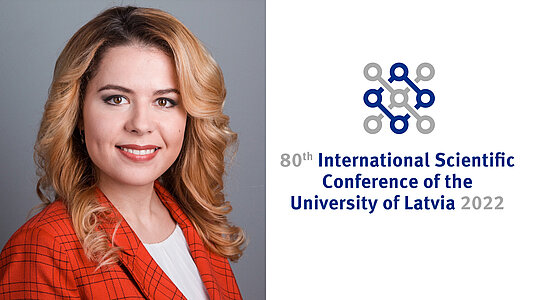International Scientific Conference on Medicine 2022 Thesis
Legal nature of agreements in health care.
Background The patient, as a special right-holder, takes a series of decisions in health care every day by expressing their will. Such an expression of will may be expressed orally, as well as in writing, for example, by signing an agreement for entering health care institution. When expressing his or her will in health care, every patient must possess a decision-making capacity. In day-to-day basis, patients must also sign documents which, by their structure and legal nature, can be recognised as legal transactions, in which case the patient has the right to express a will on the content of the transaction, to change and correct it to the extent that the law does not provide otherwise. In such circumstances, the patient should possess legal capacity instead of the decision-making capacity.
Aim The aim of the current study is to ascertain which of the patient`s expressions of will are recognised as decision-making in health care and which are expressed to enter into a legal transaction.
Methods The research has been implemented by applying literature review methodology for collecting and analysing data from research in legal sciences; normative legal basis – law and regulations of the Republic of Latvia and foreign countries, case law and policy documents. In order to compare agreements in health care, comparative empirical research method is being used.
Results As the result of the study, patient`s expression of will in a legal transaction is being assessed, including determining decision-making capacity and the meaning of legal capacity to act. The legal nature and force of agreements and other documents in health care institutions is being discussed.
Conclusions This paper firstly distinguishes the Latvian national framework for legal capacity to act and decision-making capacity. Secondly, the role of the expression of intent in a legal transaction and decision-making capacity in health law is being examined. Thirdly, it highlights the importance of the need to establish a common approach for distinguishing agreements in both legal and medical field to protect the rights of patient as a transaction participant.
Acknowledgements.
This abstract is prepared in the framework of research projects:
1) “Towards a human rights approach for mental health patients with a limited capacity: A legal, ethical and clinical perspective”, No. lzp-2020/1-0397;
2) "Strengthening of the capacity of doctoral studies at the University of Latvia within the framework of the new doctoral model”, identification No. 8.2.2.0/20/I/006.

-
Researchers Kadile L. and Loseviča M. will attend a conference in Catania, Italy
-
Application of informed consent waiver for the involvement of persons with limited capacity in clinical research
-
Legal nature of agreements in health care
-
The 8th European Conference on Health Law in Belgium already next week!
-
International Scientific Conference on Medicine already this Friday! Our researchers also will attend
-
Latvijas Universitātes 80.starptautiskā zinātniskā konference

 CONFERENCE
CONFERENCE